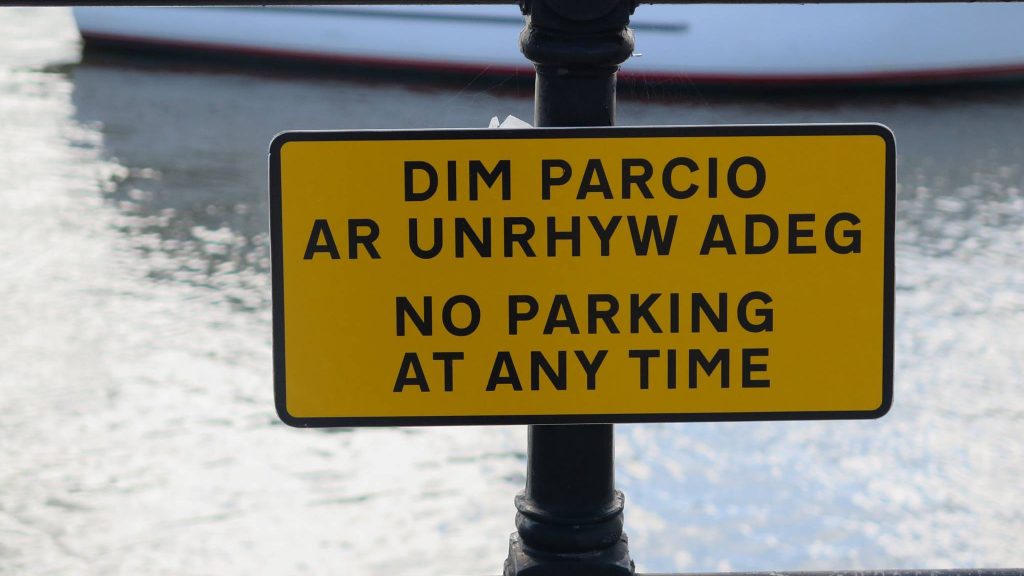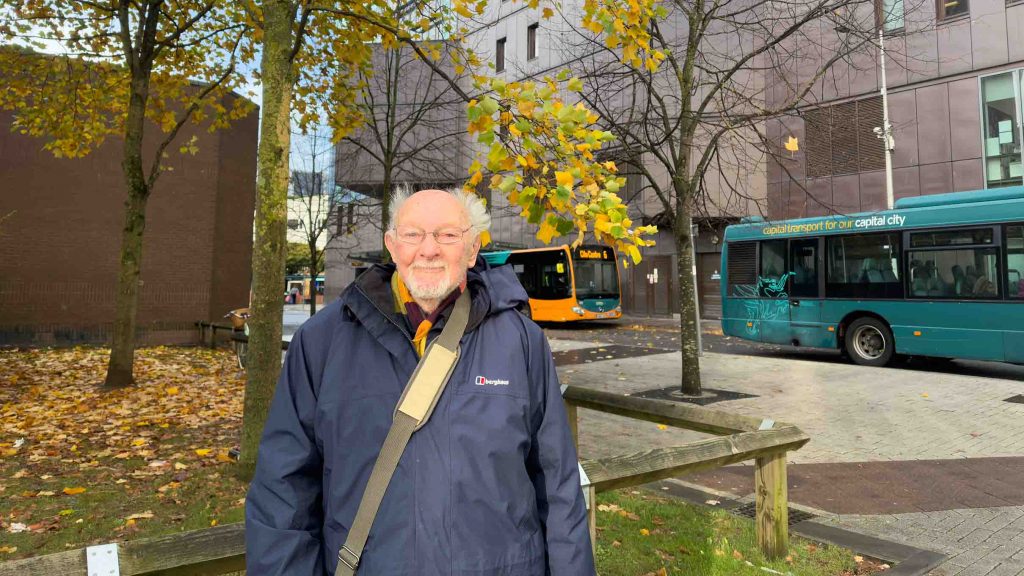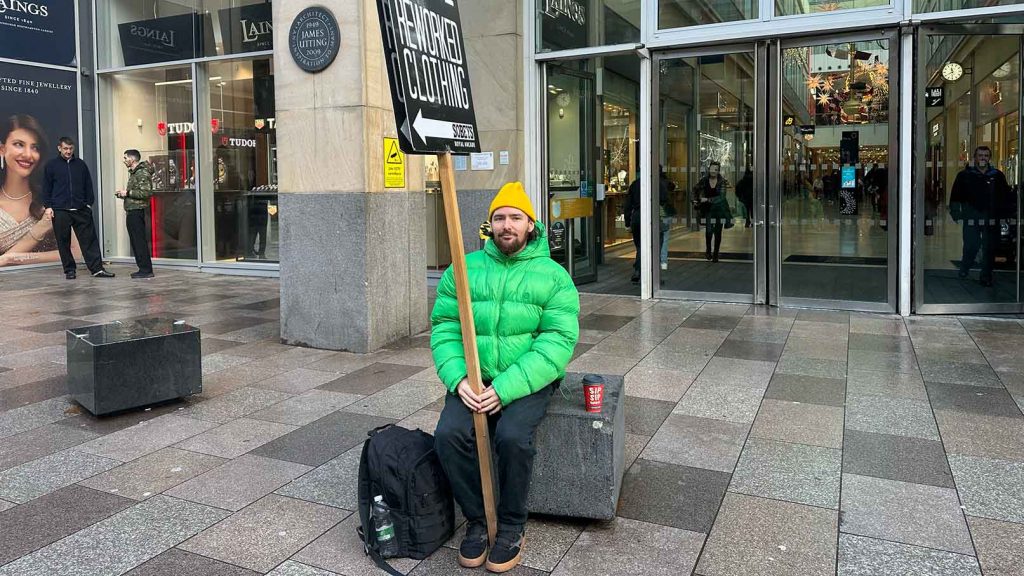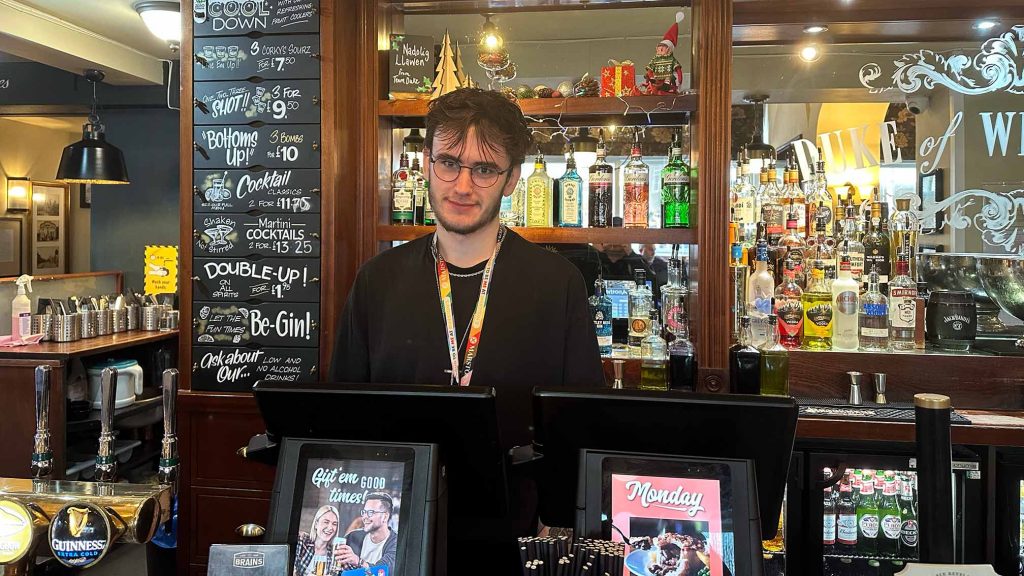Welsh Language Minister Jeremy Miles said there was “a strong argument” for using the Welsh in some cases.

Welsh is an ancient language, and many of the place names in Wales today derive their meaning from medieval Welsh.
The most notable example is the city Swansea, which is called Abertawe in Welsh, which translates as ‘Tawe estuary/river mouth’. However, its English name has completely lost its historical significance.
Linguist Mihangel ap Rhisiart said, “English names might initially continue to be used by some out of habit, but in all official avenues and in both spoken and written media, the original Welsh names for places in Wales should be used”.
We talked to people on the streets of Cardiff to find out what they think of bilingual place names in Wales and whether the policy is really necessary.
Irving, a Welsh speaker

“I’ve lived here for over eighty years now, but I have to say that it wasn’t until thirty years ago that the Welsh language was given the same legitimacy as English, and I think that was necessary. It’s part of Welsh culture!”
Brynach, a Welsh speaker

“I think it’s necessary, even though there are fewer and fewer Welsh speakers these days, I’m glad to see that it’s possible to preserve our language, and I’m proud that my name is Welsh.”
Kim, Non-Welsh speaker

“It’s a good thing for the Welsh language. Even though I don’t speak Welsh, I think it’s important to preserve the language, and the current policy is good.”
Adam, Non-Welsh speaker

“To be honest, I don’t have any clear feelings about this, I don’t even have many friends who are Welsh speakers, so maybe the current policy of protecting the Welsh language is necessary”
Doria, Non-Welsh speaker

” Where I come from, there is no clear policy on the protection of our dialects, and even some local languages have gradually disappeared, so I think Cardiff is doing a great job, and it’s an effective measure to protect the culture.”
